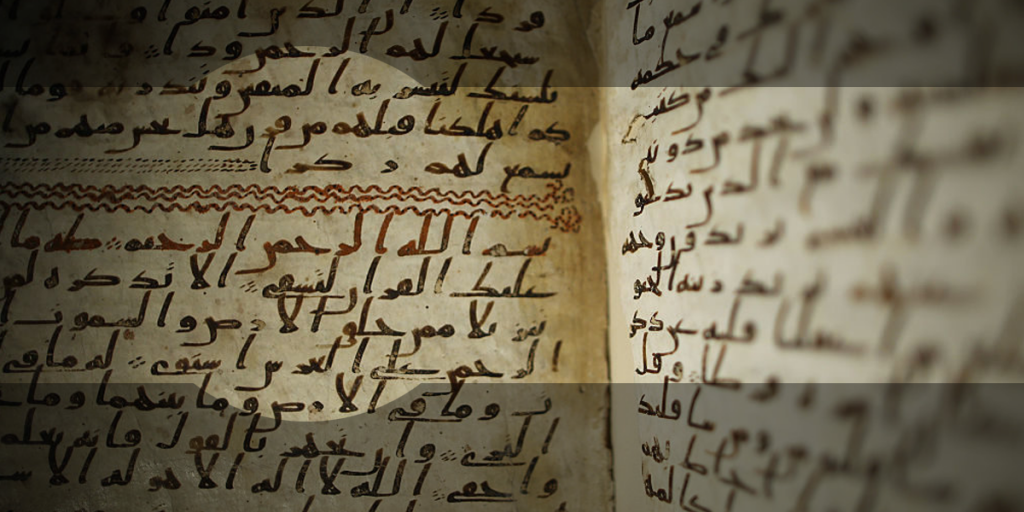The Concept Of Fasting Is Not Just Unique To Islam
Intermittent fasting is one of the latest fads and is a buzzword these days. To remove any religious connotation from it, some people like to call it “Scheduled meals” or a “Pattern of eating.” As a matter of fact, trends such as intermittent fasting, Keto, Atkins diet etc make it evident that fasting is not limited to religions, let alone to just one religion!
Fasting is spread across different spectra of trends, cultures and religions albeit in different forms and for different purposes.
Interestingly, ancient Greeks believed that gods revealed their divine teachings in dreams and visions only after a fast that required the total dedication of the devotees. Among the pre-Columbian people of Peru fasting was a requirement for penance after the individual had confessed his sins before a priest. ¹
In Buddhism fasting is practised usually on full moon days or other holidays. Similarly, in Hinduism, fasting is related to festivals like Navaratri, Durga puja and Karwa Chauth etc. Fasting is very common in Jainism where it is linked with meditation that helps to alienate individuals from the materialistic world and leads them to a transcendent state.² The Jewish calendar marks various fast days, the most famous being, “Youm Kippur”, the Day of Atonement. Christianity shows a variety in the manner and time fasting is observed. Catholics fast on Ash Wednesday and Good Friday. They also abstain from meat on all Fridays during Lent. The Protestant Church gives more freedom in this regard and considers fasting a private practice. The concept of Biblical Fasting is described as ‘A hunger of a homesickness for God.”³
In many societies, fasting has been a tradition during retreats before major ceremonies connected with seasonal changes. The town of Geneva, Switzerland, holds the ‘Jeune Genevoice’ which is a public holiday officially dedicated to fasting as penitence after calamities such as war, epidemics etc.⁴
As far as Islam is concerned fasting is one of the five pillars. It is stated in the Holy Quran,
“O ‘Ye who believe, Fasting is prescribed for you, as it was prescribed for those before you, so that you may guard against evil.” (2:184)⁵
The stark difference between fasting in other religions and Islam is that Islam presents fasting as a comprehensive concept of self-purification and spiritual elevation accompanied with universal and fair rules. The month of fasting in Islam is the month of worship that is much deeper and meaningful than the mere skipping of meals.
Fasting is an ancient practice and has been around for a long time. It has a plethora of benefits which have been hinted at, in the Holy Quran in the words,
“Fasting is good for you, if you only knew.” (2:184).⁶
References:
- Britannica, T. Editors of Encyclopaedia. Fasting. Encyclopaedia Britannica, February 9, 2021: https://www.britannica.com/topic/fasting.
- Britannica, T. Editors of Encyclopaedia. Fasting. Encyclopaedia Britannica, February 9, 2021: https://www.britannica.com/topic/fasting.
- John, Piper. “A hunger for God,” Wheaton: Crossway, 1997 (pg 14).
- CAI Editors, Fasting around the world. Cultural Awareness. January 22, 2015: www.culturalawareness.com/fastingaroundtheworld/
- Alislam: www.alislam.org/quran/2:184
- Alislam: www.alislam.org/quran/2:185





